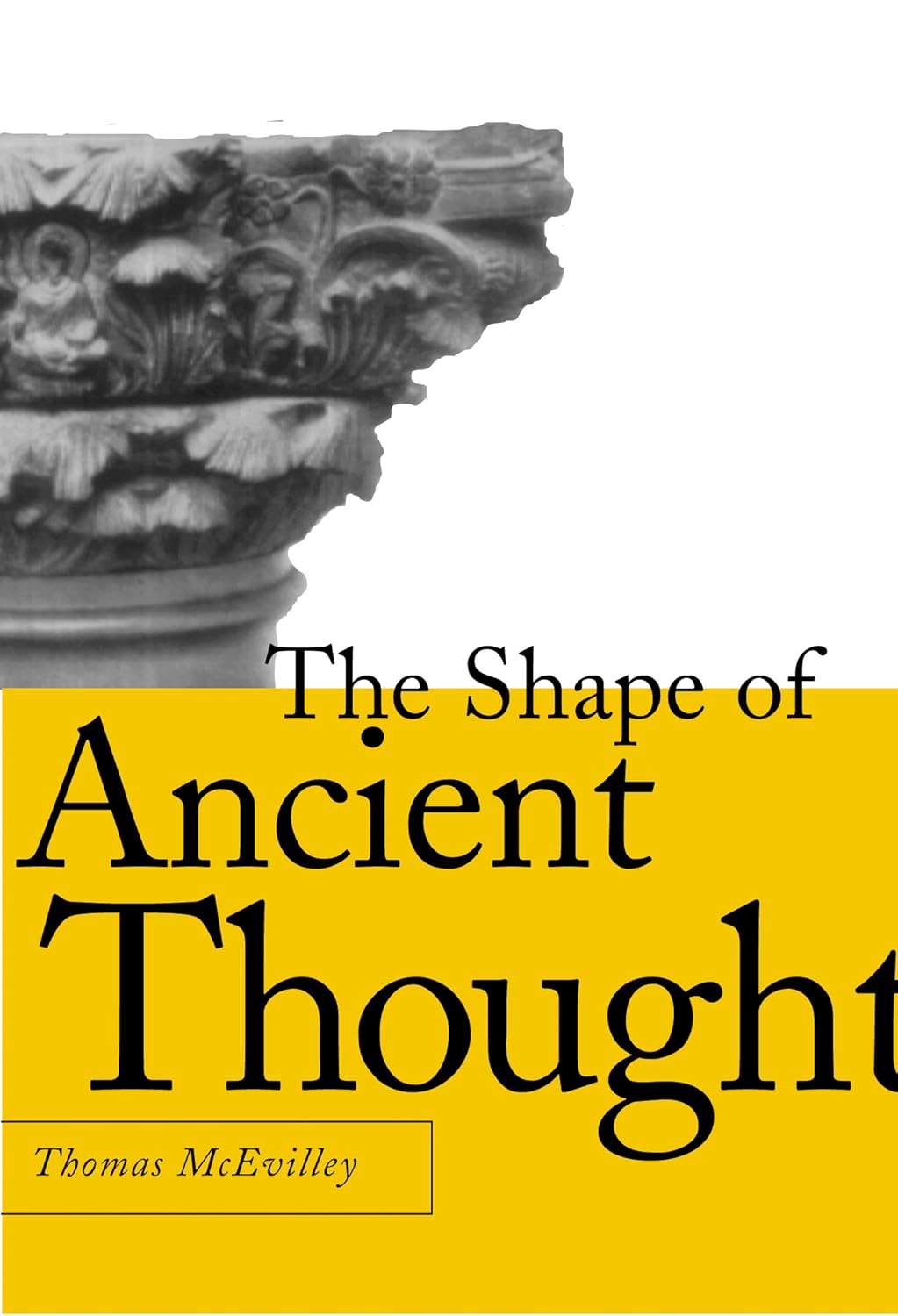Friedrich Kittler: Musik und Mathematik I. Hellas 1: Aphrodite (2006) [German]
Filed under book | Tags: · antiquity, greece, mathematics, media, media history, media theory, mimesis, music, music history, song, writing

“‘Wir möchten euch Musik und Mathematik erzählen: das Schönste nach der Liebe, das Schwerste nach der Treue.’ Die beiden Worte, die den Titel einer Tetralogie aus Hellas, Roma Aeterna, Hesperien und Turing-Galaxis bilden, stehen für die Wurzeln von Kunst und Wissen: musikè, die Lust des Singens, Tanzens, Spielens heißt nach der Muse, die im Herzen alles aufbewahrt und daher davon sagen kann. Musik macht also nach, was Musen tun, seit sie auf ihrem Götterberg mit allem Singen angehoben haben. Aus fast dem selben Ursprung stammt mathesis, das Lehren im allgemeinen, und Mathematik, das Denken über Zahlen im besonderen. Bei Homer heißt mathein nämlich noch nicht zählen oder rechnen, wie Aristoteles gelehrt hat, mathôn nennt vielmehr ein dunkles Wissen, das Helden erst nach Jahrzehnten des Erfahrens in Fleisch und Blut gegangen ist. Unter den wenigen Reimen, die in Griechenohren widerhallten, blieb der alte Spruch von pathein/mathein, leiden und lernen unverloren.”
Publisher Wilhelm Fink, Munich, 2006
ISBN 3770537823, 9783770537822
409 pages
via lostobserver, einzelne
Reviews: Jürgen Busche (FAZ), Roland Lysell (Swedish, Samlaren).
PDF (13 MB, updated on 2019-4-20)
ARG (updated on 2019-4-20)
Thomas McEvilley: The Shape of Ancient Thought: Comparative Studies in Greek and Indian Philosophies (2001)
Filed under book | Tags: · antiquity, greece, history of philosophy, india, philosophy

Spanning thirty years of intensive research, this book proves what many scholars could not explain: that today’s Western world must be considered the product of both Greek and Indian thought—Western and Eastern philosophies.
Thomas McEvilley explores how trade, imperialism, and migration currents allowed cultural philosophies to intermingle freely throughout India, Egypt, Greece, and the ancient Near East. This groundbreaking reference will stir relentless debate among philosophers, art historians, and students.
Publisher Allworth Press, with the School of Visual Arts, New York, 2001
ISBN 1581152035, 9781581152036
732 pages
Review (Will S. Rasmussen, Philosophy East and West)
Commentary (David Carrier, Artcritical)
McEvilley talks about his book (video, 34 min)
Wikipedia
Publisher
Google books
Jacques Derrida: Athens, Still Remains: The Photographs of Jean-François Bonhomme (1996/2010)
Filed under book | Tags: · greece, philosophy, photography

“Athens, Still Remains is an extended commentary on a series of photographs of contemporary Athens by the French photographer Jean-François Bonhomme. But in Derrida’s hands commentary always has a way of unfolding or, better, developing in several unexpected and mutually illuminating directions.
First published in French and Greek in 1996, Athens, Still Remains is Derrida’s most sustained analysis of the photographic medium in relationship to the history of philosophy and his most personal reflection on that medium. At once photographic analysis, philosophical essay, and autobiographical narrative, Athens, Still Remains presents an original theory of photography and throws a fascinating light on Derrida’s life and work.
The book begins with a sort of verbal snapshot or aphorism that haunts the entire book: “we owe ourselves to death.” Reading this phrase through Bonhomme’s photographs of both the ruins of ancient Athens and contemporary scenes of a still-living Athens that is also on its way to ruin and death, Derrida interrogates a philosophical tradition that runs from Socrates to Heidegger in which the human—and especially the philosopher—is thought to owe himself to death, to a certain thought of death or comportment with regard to death.
Combining philosophical speculations on mourning and death, event and repetition, and time and difference with incisive commentary on Bonhomme’s photographs and a narrative of Derrida’s 1995 trip to Greece, Athens, Still Remains is one of Derrida’s most accessible, personal, and moving works without being, for all that, any less philosophical. As Derrida reminds us, the word photography—an eminently Greek word—means “the writing of light,” and it brings together today into a single frame contemporary questions about the work of art in the age of mechanical reproduction and much older questions about the relationship between light, revelation, and truth—in other words, an entire philosophical tradition that first came to light in the shadow of the Acropolis.”
First published in a bilingual French–Modern Greek edition as the preface to a collection of photographs by Jean-François Bonhomme, Athēna stē skia tēs Akropolēs / Athènes à l’ombre de l’Acropole, Oikos, Athens, 1996.
Translated by Pascale-Anne Brault and Michael Naas
Publisher Fordham University Press, New York, 2010
ISBN 0823232050, 9780823232055
73 pages
Review: Ginette Michaud (Spirale, in French).
PDF (updated on 2024-4-22)
Comment (1)
